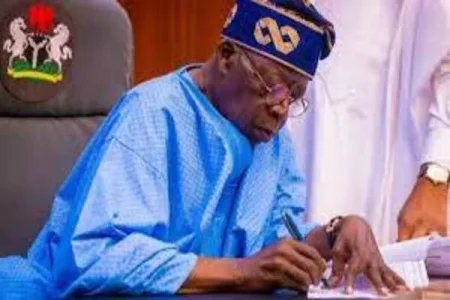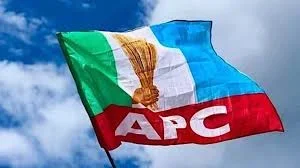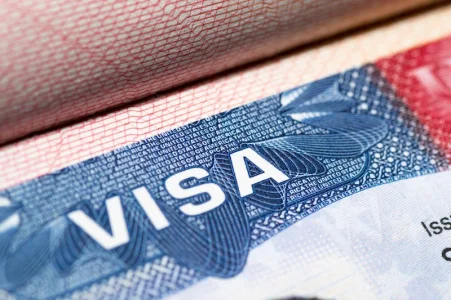
Nigeria's alleged signing of the $150 billion Samoa Deal has sparked controversy due to reported LGBTQ rights clauses. Religious leaders and activists oppose the agreement, while government officials offer conflicting statements.
Nigeria's alleged signing of the $150 billion Samoa Deal has sparked a fierce controversy due to its reported inclusion of LGBTQ rights provisions. The agreement, named after the Pacific island where it was signed in November 2023, has drawn criticism from religious leaders, activists, and civil society organizations across the country.
The deal, aimed at providing financial support to developing nations, reportedly includes clauses requiring recipient countries to support LGBTQ rights. This condition has raised concerns in Nigeria, where same-sex relationships are currently criminalized.
Abubakar Atiku Bagudu, Nigeria's Minister of Budget and Economic Planning, confirmed the country's participation in the agreement at a European Union reception in Abuja. However, his media assistant later clarified that the signed documents pertained only to economic development, without mentioning LGBTQ issues.
The controversy has prompted calls for transparency and scrutiny. Sonnie Ekwowusi, chairman of the Human and Constitutional Rights Committee of the African Bar Association, described the signing as "nauseating" and questioned the judgment of Nigerian officials involved.
Religious organizations, including the Nigerian Supreme Council for Islamic Affairs, have reiterated their opposition to same-sex marriage and LGBTQ rights. The council's administrative secretary, Abubakar Akande, emphasized that they would not welcome an agreement contradicting their religious beliefs or compromising Nigeria's sovereignty.
The situation has also drawn attention to the legislative process. Rabiu Yusuf, chairman of the House of Representatives Committee on Treaties, Protocols, and Agreements, stated that the Samoa Agreement had not been brought before the National Assembly for consideration.
With conflicting statements and lack of clarity surrounding the deal's contents, many Nigerians are calling for a thorough investigation and public disclosure of the agreement's terms. The coming days are likely to see continued discussions and potential political fallout as the nation grapples with this contentious issue.




